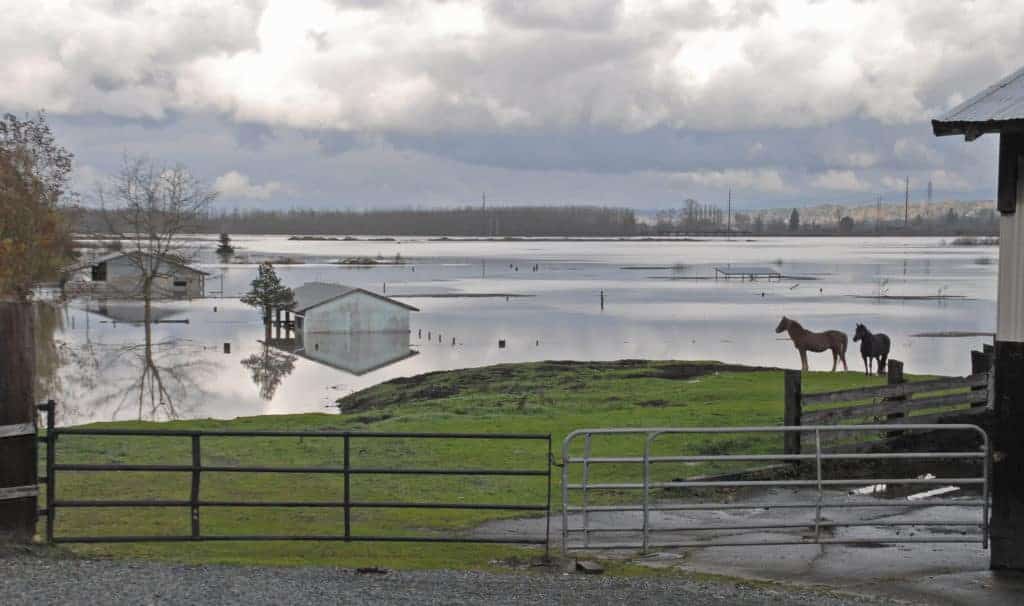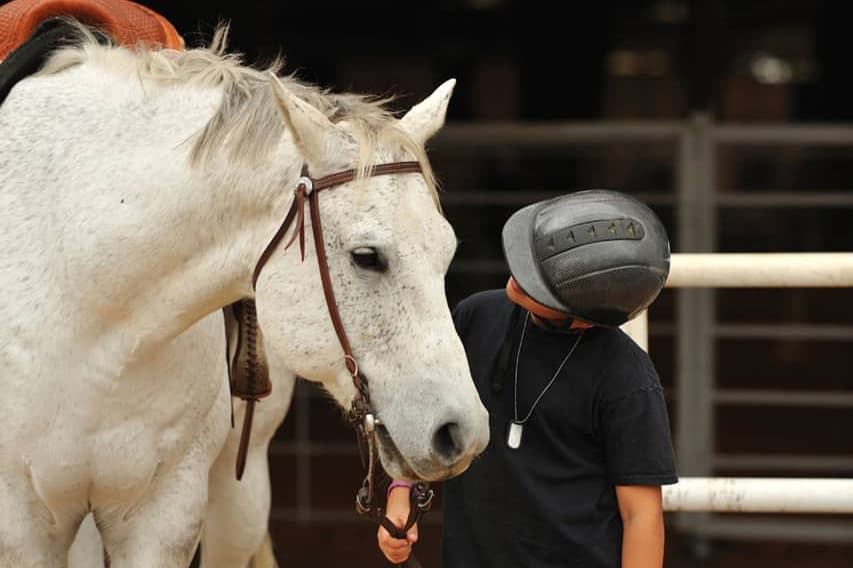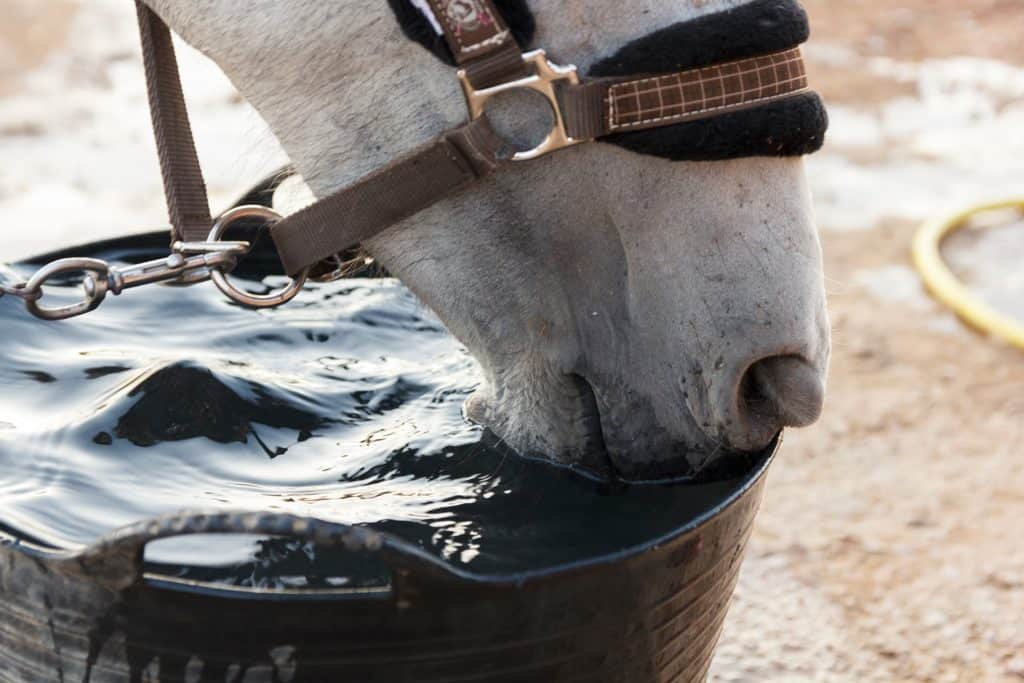
Understanding Hindgut Problems in Horses
The equine hindgut breaks down fiber, which makes up most of the horse’s diet. Learn how diet and management can affect this important part of your horse’s GI system.
Proper feeding practices for foals, adult horses, and older horses

The equine hindgut breaks down fiber, which makes up most of the horse’s diet. Learn how diet and management can affect this important part of your horse’s GI system.

Two experts weigh in on common equine hindgut problems and how you can manage them. Sponsored by Purina Animal Nutrition.

Research shows slight shifts in the horse’s intestinal microbiome can have far-reaching effects.

An equine nutritionist explains how to calculate the amount of hay your horse eats annually and how to reduce hay waste to stretch your budget.

Getting back to basics and simplifying meals might be the key to keeping the horse’s hindgut healthy and functioning properly.

A nutritionist explains how meeting your sport horse’s dietary needs can help keep him healthy and performing his best.

Remember these tips on leaving food and water for horses should you need to evacuate without them during a disaster.

When does a horse need selenium supplementation, and what’s the best way to provide it? An equine nutritionist weighs in.

Be sure your horse’s hoof supplement contains these minerals to ensure it will positively impact his hoof health.

Do you have a messy horse that dumps her feed in the dirt? Try these tips to make sure she gets the nutrition she needs.

Can supplements improve a senior horse’s joint health once he has started showing signs of stiffness? One expert weighs in.

Choosing a high-quality feed and forage for your young horse is essential to ensuring her success in training while her body develops.

Discover what, when, and how to feed horses with metabolic issues such as EMS, ID, and PPID.

One equine nutrition expert describes why a horse might choose to drink water with electrolytes over plain water.

Feed donkeys lower-quality forages, such as barley straw or stemmy, mature grass hay, than you would feed a horse.

Horses evolved to eat frequent, small roughage meals throughout the day, so why do we only feed them twice? Read more in The Horse‘s 2024 Preventive Care issue.
Stay on top of the most recent Horse Health news with
Notifications